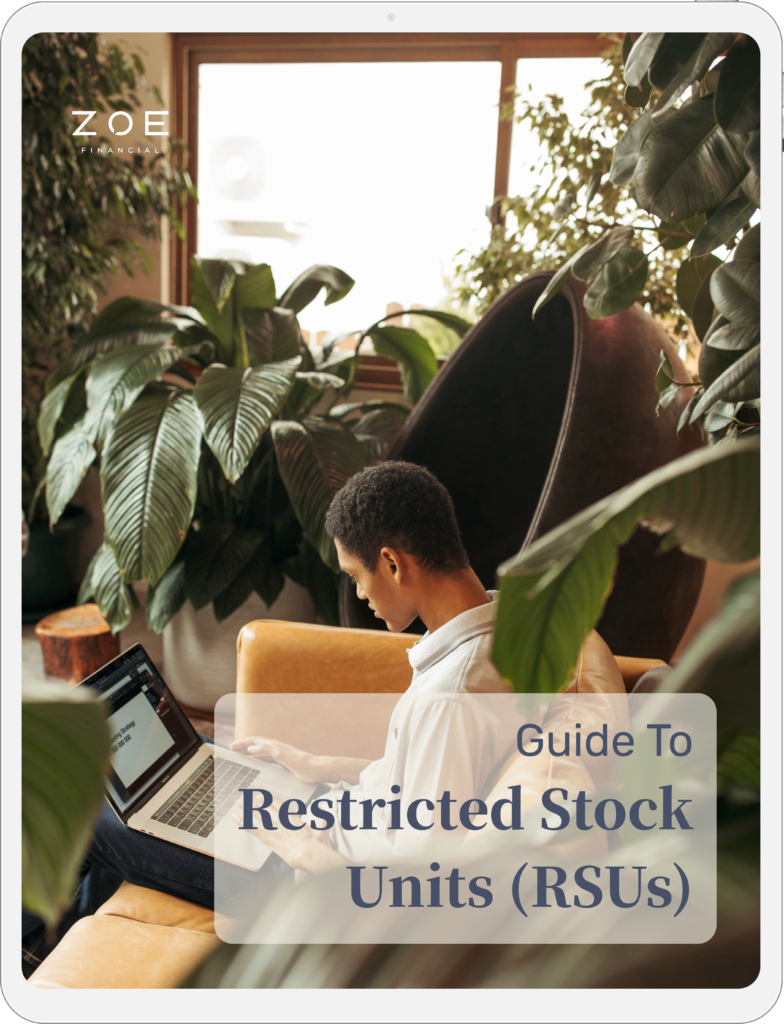Welcome back to Zoe’s weekly market drama series.
We’ll start with the economic data.
We did have our first print for the third quarter GDP numbers. Did they come in a slightly better than expected? They were above 2% growth, after two consecutive quarters of negative growth. But once we look under the hood, we do see that what drove that growth was net exports, which is a very volatile part of the series. It’s kind of like a one-off.
If you look at the stickier parts of what makes GDP, such as consumption, you and I buy things that’s 68% of GDP. That part, although it was positive, is starting to show cracks by slowing down that growth rate. And then the housing data component of GDP actually was negative. Looking forward, those are the biggest components that drive GDP and they are showing cracks, which makes sense considering what we talked about in the past, with interest rates going up, housing affordability going down, etc.
On the earnings front, it’s interesting because when we look at the macro level, earnings are basically telling us: hey, nothing to see here type vibes, right? 71% of companies so far that have reported are seeing estimates beating, I should say they are beating estimates by around 4.7%. That’s pretty much a repeat of the second quarter. But when we look a little bit closer at the company level, there are some things that are changing. We had Apple, Amazon, Microsoft and Facebook all reported this week and they all sold off after their earnings reports, in some cases more than others. Facebook sold more than 15% overnight as they missed their estimates in a big, big way.
The reason that I want to mention this is that one of the biggest issues we had when it comes to the markets the last couple of years is that there was a very heavy concentration of the largest ten stocks when it came to the composition of the markets, right? It’s a sign of essentially just too much power with very few companies. And so, for instance, when we look at the S&P 500, the composition of the S&P 500 for the top ten stocks, they represented 30% of the market value of all 500 companies combined. It got as high as 30%. When we look at, post these earnings the last couple of days, they have fallen below 27%. But that’s nowhere near what we have seen, for instance, back in 2017, 2018. The top ten only accounted for 20%… so 20% went up to 30%. Starting to calm down… Nature is healing!
It is not good to have an economy where there’s only a few that have that much power when it comes to companies. So from that perspective, new competitors are rising and creating, putting these companies to work and focus on innovating and creating better experiences for users is not a bad thing. In the short term, painful for investors. I think in the long term, something that was bound to happen.
That’s it for this week. Stay tuned for next week.
– Andres
